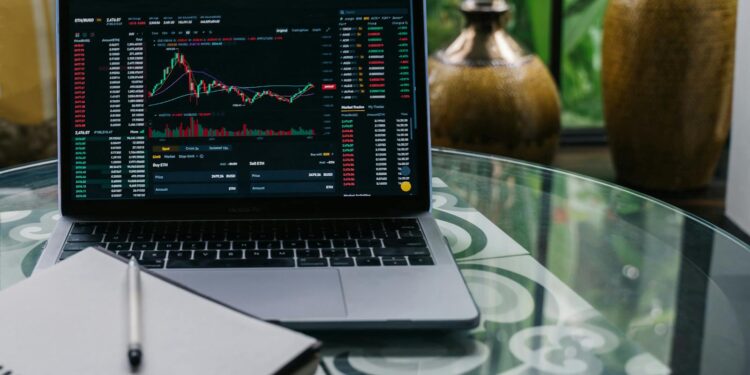Warren Buffett’s Berkshire Hathaway has divested $133 billion in stocks during the initial nine months of 2024. The firm has cut its investments in Apple, American Express, and Bank of America, which constituted a significant share of its portfolio. At this point, Buffett is accumulating cash amid a market that is reaching historically elevated levels.
Nevertheless, Buffett still owns shares in Coca-Cola and American Express. His investment history with top consumer brands, particularly Coca-Cola, is noteworthy. In 1988, he allocated a fifth of Berkshire’s equity into Coca-Cola shares and has not sold any since.
The company is expected to continue increasing its earnings as it expands its market share. American Express has been part of Berkshire’s portfolio for three decades. It distinguishes itself in the credit card sector by offering exceptional customer service and a unique membership model.
Members of American Express spend more on average compared to users of other card brands. Despite recent consumer spending slowdowns, the company is on track to exhibit substantial earnings growth for 2024. Buffett’s commitment to major holdings in Coca-Cola and American Express reflects his confidence in their competitive advantages and future growth potential.
As the market tackles the challenges of 2024, these long-term investments illuminate the strategies of one of the most successful investors in history. Numerous theories are being discussed regarding why Berkshire Hathaway is currently holding a staggering $325 billion in cash. Over the past year, Buffett has implemented large-scale reductions in several important positions.
For the first nine months of 2024, the company’s equity sales reached $133 billion. This activity coincides with markets reaching new all-time highs.
Buffett’s strategy: calculated stock liquidations
The rationale behind Buffett’s recent cash reserves may involve his past decisions. Following the financial crisis of 2008, Buffett strategically invested in firms like Goldman Sachs, Bank of America, and General Electric. These investments played a vital role in their recovery and benefited Berkshire’s shareholders.
In his recent letter to shareholders in 2023, Buffett conveyed that he views Berkshire as a kind of insurer for the U.S. economy, prepared to intervene when necessary. He believes that significant financial disturbances are often exacerbated by the “greed” and heightened “activity” prevalent on Wall Street. Should the present market trends lead to another downturn, Berkshire’s $325 billion cash reserve positions it favorably to assist in stabilizing the financial landscape.
There are other theories about why Berkshire has amassed such a significant cash reserve. It could be that Buffett has specific acquisitions in mind or is steering the company toward a transition phase for when he is no longer at the helm. However, both his verbal assertions and historical actions indicate that fortifying Berkshire against potential financial turmoil is a major focus.
For Canadian investors, Buffett’s recent maneuvers open up intriguing discussions. While the S&P 500 continues its upward climb, Buffett has maintained a net selling position for stocks over the last eight quarters. His unusual investment in Domino’s Pizza implies he perceives potential value in the struggling restaurant franchise.
Buffett’s actions serve as a tutorial in patience for Canadian investors. He seems to be conserving his resources for more favorable opportunities as market valuations remain elevated. For example, Apple now trades at a significantly higher price-to-earnings ratio in comparison to when Berkshire first acquired the stock in 2015.
In conclusion, Warren Buffett’s cautious strategies indicate a reserved outlook amidst inflated market valuations. Canadian investors may find wisdom in exercising patience and awaiting more promising investment opportunities, taking inspiration from Buffett’s philosophy.


